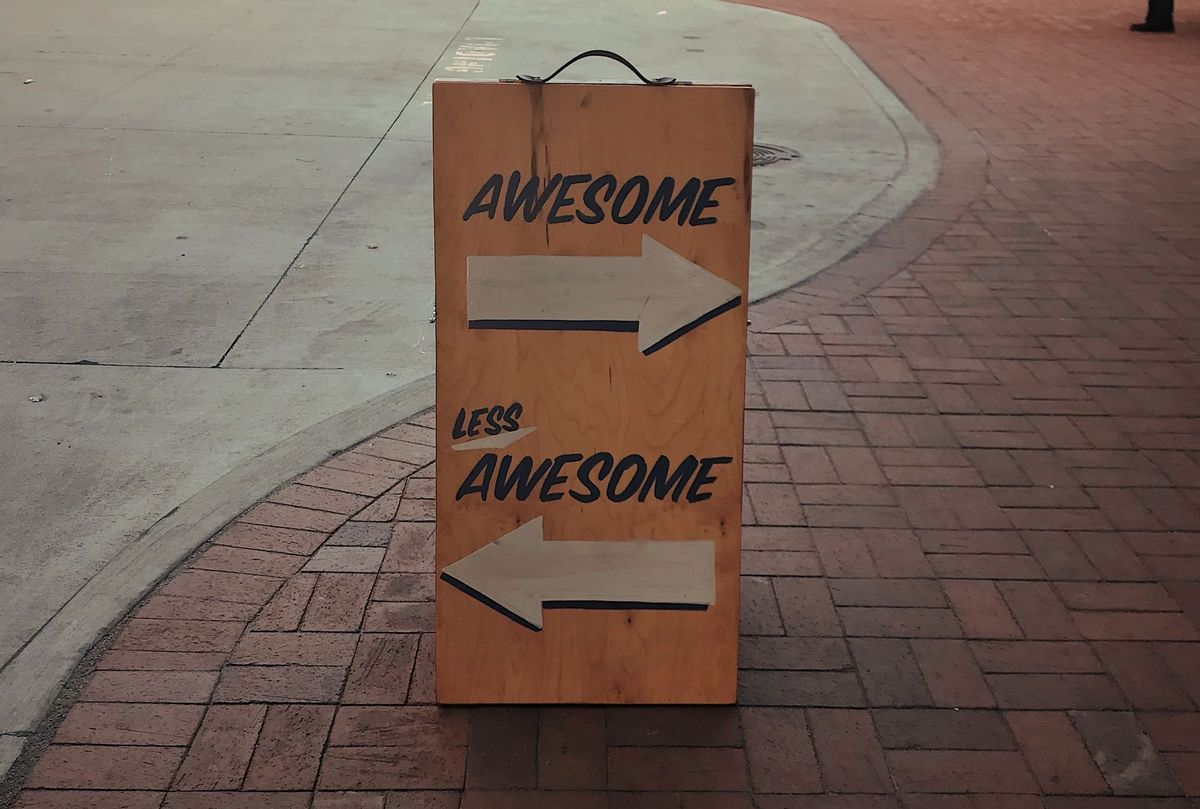The Power of Social Proof: Harnessing Social Influence
Social proof has emerged as a luminous beacon, illuminating the path to consumer hearts and wallets. Its significance lies not merely in its existence, but in its profound impact on the human psyche.

Social proof has emerged as a luminous beacon, illuminating the path to consumer hearts and wallets. Its significance lies not merely in its existence, but in its profound impact on the human psyche. We, as consumers, are wired to seek reassurance from our peers, to find solace in the collective wisdom of the crowd. Social proof, akin to the whisper of the crowd, transforms hesitations into confident decisions, and curiosity into conviction. It is the art of influence rendered through the testimony of others, manifesting in star-studded reviews, viral endorsements, and the ubiquity of the "liked" button.
In this era of digital interconnectedness, social proof has ascended as an undeniable force, propelling brands, enhancing consumer trust and loyalty, where testimonials are the new treasures, and authenticity reigns supreme.
Understanding Social Proof
At its core, social proof is the profound phenomenon that weaves the very fabric of our consumer society. It's the subtle nod from the collective consciousness, the persuasive murmur that beckons us towards certain choices. Social proof is the embodiment of our intrinsic need to trust the actions and opinions of those around us. When we see a crowded restaurant with a line winding down the street, we instinctively deduce that there must be something extraordinary about its cuisine. When we read glowing testimonials from fellow travellers, we become eager explorers, destined to book that exact hotel. In essence, social proof is the compass guiding our decisions, reassuring us that if it worked for others, it must work for us too, harmonising our consumer choices.
Hang on just one second. These are my thoughts, but just hold fire. Just occasionally, imho, social proof can back fire just a little bit. Imagine you are engaged to your partner when you attend the wedding of a friend. The referral of one person to another in terms of the photography or the flower arrangements is a useful way of doing business. Never, however, have I met a potential bride who chooses to get married at the same location as her nearest and dearest; never have I met a bride who wants to get married in the same dress as her friends. Sometimes, personal preference, competition and other matters come into play.
The thing is, these types of influences work really well where there is little self control . In my experience of wedding organisation, the Bride (and often the Bride's Mother) has full control, they know exactly what they want, which may well account for the lower influence in such circumstances.
Ok, so back on track.
The psychological underpinnings of social proof are rooted in our innate desire to minimise uncertainty and make efficient decisions. At our core, human beings are social creatures. Our evolutionary history has wired us to rely on group behaviour for survival. When faced with uncertainty, we naturally look to the behaviour of others as a source of guidance. This stems from our deep-seated need for social validation and a fear of missing out, often referred to as FOMO.
In the world of consumer decision-making, following the crowd or heeding to the wisdom of the masses provides a sense of safety. It's a psychological shortcut that allows us to conserve mental energy and make choices in line with what's perceived as the norm. This phenomenon can be attributed to the principles of conformity and the bandwagon effect, where we subconsciously believe that if a significant number of people have chosen a particular product, service, or course of action, it must be the right choice. This is also evident in the concept of informational social influence, where we use others' actions as a source of information in uncertain situations.
In essence, social proof taps into our psychological inclination to avoid potential risks by aligning with the choices of others. It reduces our anxiety about making a "wrong" decision, making it a potent force in marketing and persuasion.




